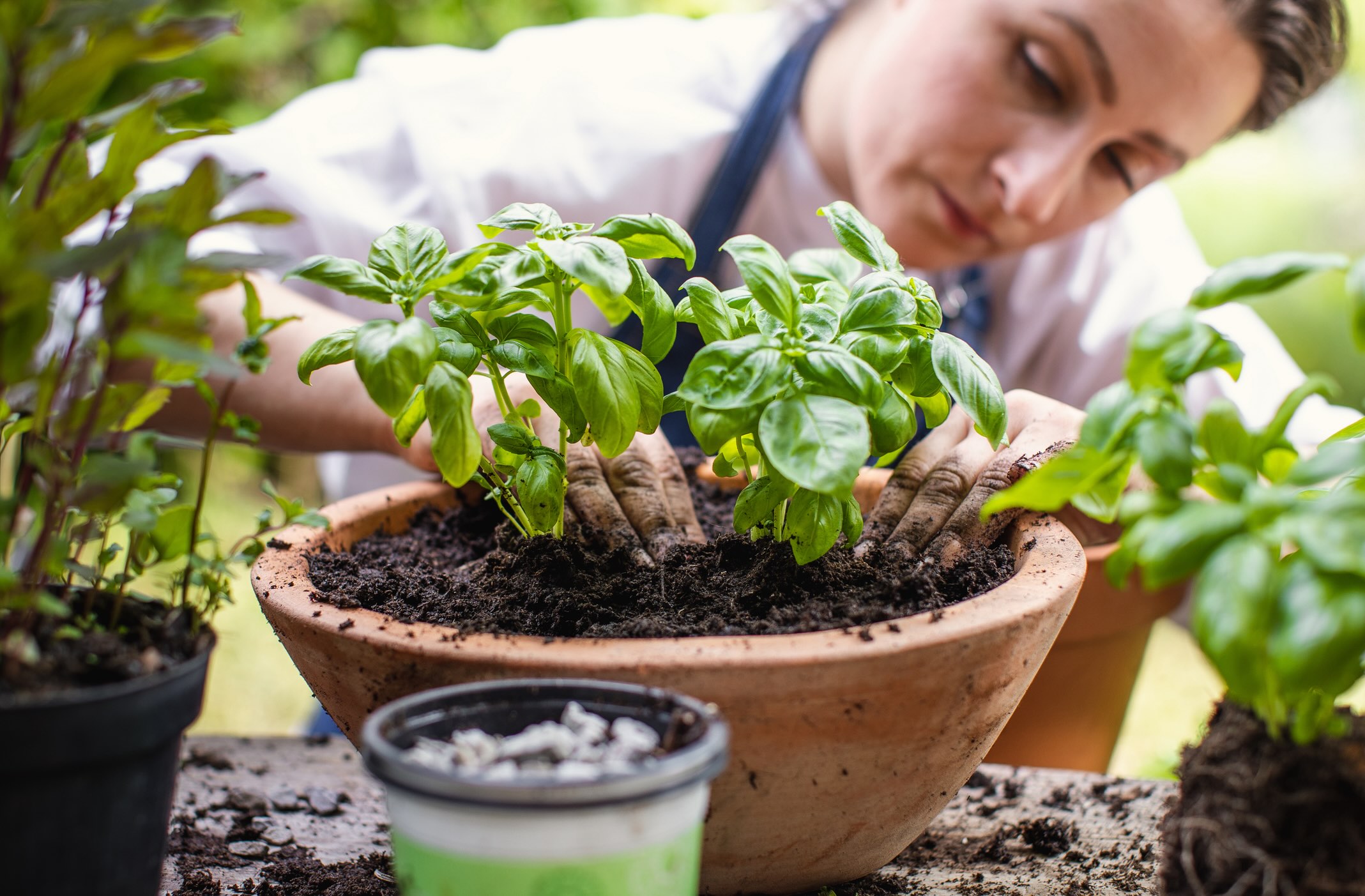Basil benefits: Nourishing cancer warriors


Basil, an aromatic herb cherished in Iranian, Italian, Greek, Chinese and Indian cuisines, offers a myriad of uses beyond its culinary delights. Patients with cancer often explore various supportive measures beyond conventional therapies when navigating treatment. One such avenue worth exploring is including basil in your diet. Beyond its culinary allure, basil offers a range of potential benefits that can complement cancer treatment and support overall well-being. Let’s dive into the fascinating world of basil and its therapeutic capabilities for cancer patients:
- Antioxidant power: Basil contains potent antioxidants such as flavonoids, polyphenols, and vitamins A and C, which help neutralize harmful free radicals in the body. This antioxidant activity may help reduce oxidative stress and cell damage linked to cancer development and progression.
- Anti-inflammatory effects: Chronic inflammation may increase the risk of getting cancer and its progression. Basil contains essential oils like eugenol, linalool and citronellol, which exhibit anti-inflammatory properties. By reducing inflammation, basil may help in managing cancer-related inflammation and symptoms.
- Immune support: Cancer treatments like chemotherapy and radiation therapy can weaken the immune system. Basil contains vitamins and minerals like vitamin C, zinc and iron, essential for immune function. By supporting immune health, basil may help cancer patients cope better with treatments and reduce the risk of infections.
- Nutrient boost: Basil is a good source of essential nutrients such as vitamin K, manganese, calcium and magnesium. These nutrients play roles in bone health, blood clotting and overall well-being, which are important considerations for cancer patients undergoing treatment.
- Digestive support: Some cancer treatments and medications can affect digestion and appetite. Basil contains compounds like eugenol and cineole, which may aid in digestion, reduce bloating, and soothe gastrointestinal discomfort, promoting better nutrient absorption and overall digestive health.
- Stress reduction: Cancer diagnosis and treatment can cause significant physical and emotional stress. Basil contains compounds like eugenol and linalool, known for their calming and stress-reducing effects. Incorporating basil into meals or as herbal teas may help cancer patients manage stress and improve overall well-being.
Incorporating basil into your routine:
Now that we’ve explored the benefits, let’s talk about how to use basil in food. Adding basil to your diet can be delightful and versatile. Fresh basil leaves can be incorporated into salads, pasta dishes, sandwiches and soups. They can also be used to flavor soups, vegetables, roasted chicken and fried fish.
Pesto, one of the most common basil-based sauces, offers a flavorful twist to various meals such as pasta, salads, sandwiches, dips, pizza, soups, marinades and other side dishes. Here’s a simple recipe for you to enjoy:
Basil Pesto by Ripsi Arora, MS, RD, LD, clinical dietitian
- 2 cups basil leaves (cleaned and washed)
- ¼ cup nuts of your choice (pine, walnuts or almonds)
- ¼ cup virgin olive oil
- 2-3 cloves of garlic (peeled)
- Salt to taste
- Black pepper powder to taste
Directions:
- Add all ingredients to a blender.
- Blend until thoroughly combined and a creamy paste forms.
- This pesto can be enjoyed fresh or stored in the refrigerator for up to three days. Additionally, it can be frozen for up to six months for future use.
Consult your healthcare team
As with any dietary changes during cancer treatment, it’s crucial to consult your healthcare team, including oncologists and dietitians. They can offer personalized guidance based on your specific health needs, treatment plan and potential medication interactions. You can request a referral from your provider for an appointment with a Mays Cancer Center dietitian.
Learn more about the wellness and supportive care services provided by our Patient and Family Services department.
Request an appointment or second opinion with an oncologist or call 210-450-1000.
For more patient resources, videos and articles, visit our blog, Courage Over Cancer.

 Close
Close